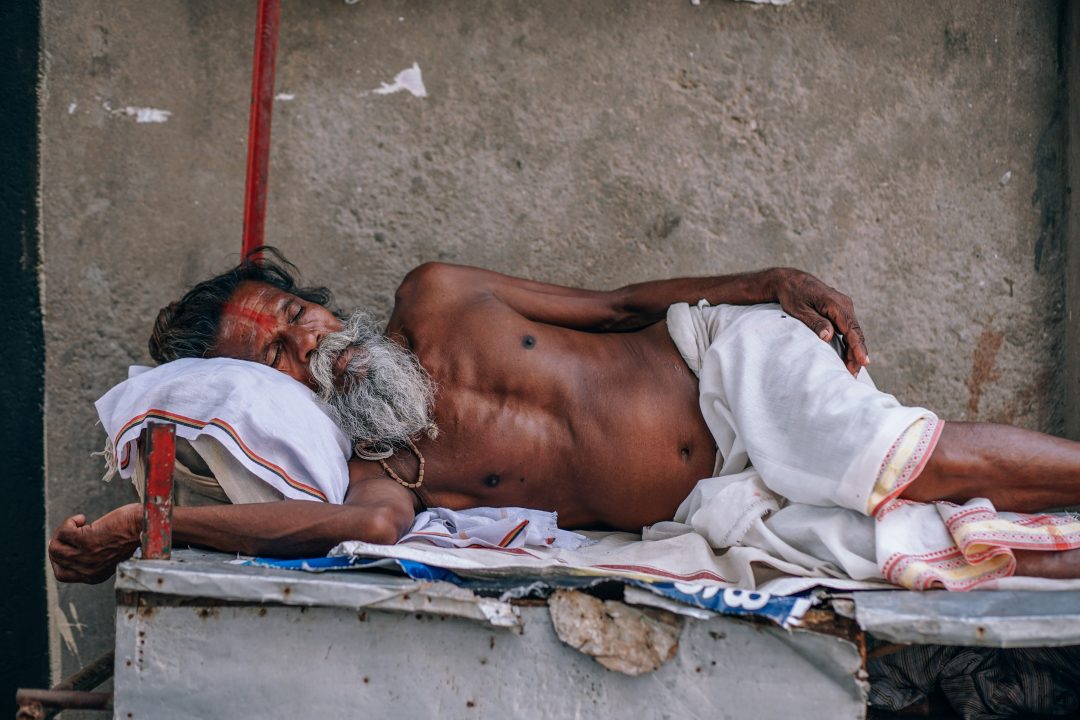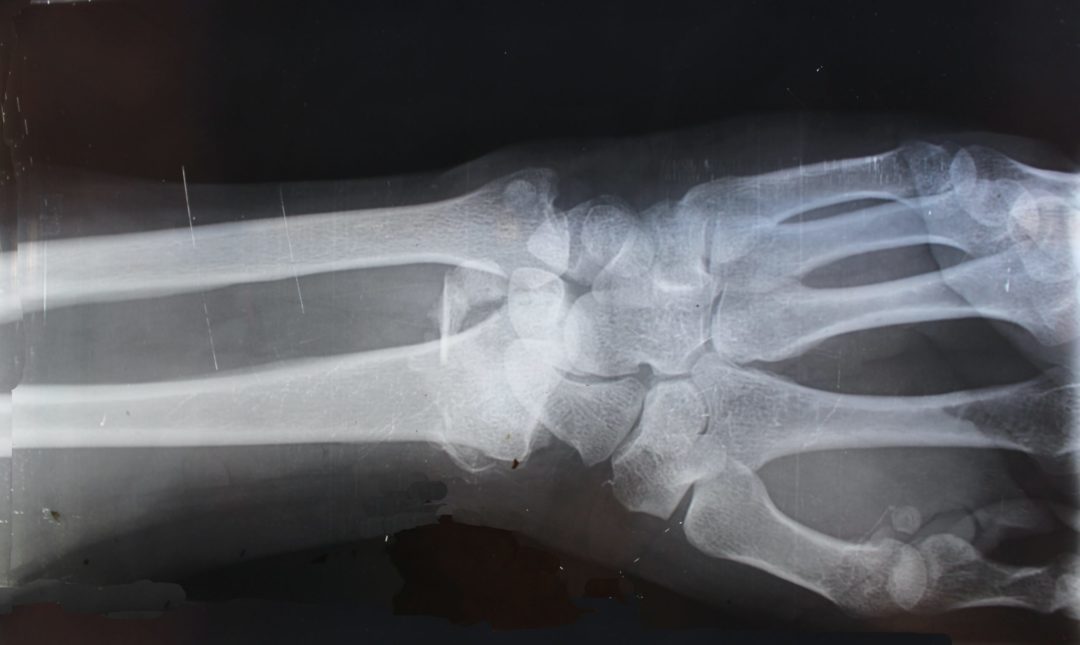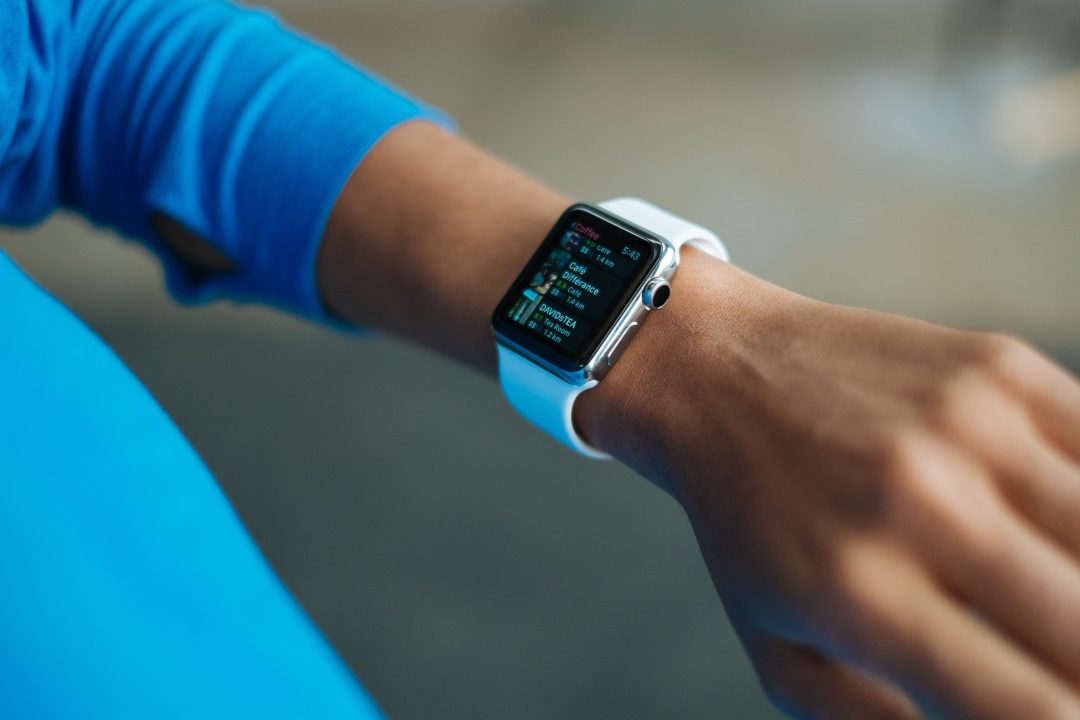Most of us know very well the importance of sleep. You look more fresh during the day. Your attention, good mood, and productivity also remain at a high level throughout those hours when you need it the most. We also know how negatively the neglect of a good night’s sleep can have on all of that.
Even though this common knowledge exists, far too many of us compromise on the length and quality of our sleep. Reminding oneself or others of the benefits of good sleep does not always stick very well and very rarely change any bad habits. So why not play on our natural alarmist tendencies instead, and go through some of the science-based notions of what bad sleeping habits can lead to. Hopefully in order to at least raise awareness and even more so to change some of those bad sleeping habits. A sign of that sleep is very important for us as a species, is that it occurs across all of the animal kingdom. It seems to be essential for living creatures. Even insects and fish have sleep-like behavior [1], and to many’s surprise, plants seem to follow a day-night rhythm as well. It is so ingrained in our evolution that there are genes that make people more or less prone to being early evening bed-goers and morning larks [2].“sleep deprivation can be fatal”
But as promised, this reflection will not be about the features and benefits of sleep. Instead a scare tactic will be employed to show how bad sleep has a negative impact on human health. So, here it is ladies and gentlemen, a compiled list of science-based notions of what bad sleep habits can cause.
Fatal – Animal studies have shown that sleep deprivation can be fatal [3] [4]. As sleep occurs across the animal kingdom, there is no harm in concluding that this may also apply to humans. Even though such studies are not conducted on humans for obvious reasons. Overweight – As sleep deprivation has shown to decrease levels of the leptin. The hormone that makes you feel satiated after a meal and increase the hunger hormone ghrelin [5]. There is a risk of putting on unwanted weight under such conditions. Diabetes – There seems to be a link between increased risk of diabetes and regular short sleep [6] [7]. Cardiovascular diseases – The duration of sleep has a direct impact on the risk of people contracting cardiovascular diseases [8] [9] [10]. Hypertension – A.k.a high blood pressure increases as a risk factor with short sleep duration [11]. Cancer – Even after one night of short sleep, certain cancer-promoting mechanisms are activated and those inhibiting such growth are diminished, which in turn promotes certain cancer forms [12] [13] [14] [15] [16]. Decreased performance – Multiple studies show that mental, and physical performance such as concentration, strength and coordination all suffer from a lack of sleep [17] [18] [19]. In turn, making sleep-deprived people more prone to being involved in accidents [20]. Such a list could drag on forever as there is no shortage of scientific basis for the negative health implications bad and short sleep has on us humans. Neither is there a lack of personal testimonies across the human population to back these notions, as all of us has at one time or another felt how adversely bad sleep can affect us during wakefulness.Stuff We Wear
Reaching the end of this demonstration of dreadfulness and to show the valid points of not neglecting your sleep in a more playful manner but nevertheless important. The following video [21] sums up it up in a digestible form the weight of regular good sleep and highlights some of the negative sides that may show themselves if we neglect it. References [1] – Tobler I. Phylogeny of sleep regulation. In: Kryger MH, Roth T, Dement WC, editors. Principles and practice of sleep medicine. 5th ed. St. Louis: Elsevier Saunders; 2011. pp. 112–25. [2] – Takahashi JS, Hong HK, Ko CH, McDearmon EL. The genetics of mammalian circadian order and disorder: implications for physiology and disease. Nat Rev Genet. 2008;9:764–75. [3] – Rechtschaffen A, Bergmann BM. Sleep deprivation in the rat: An update of the 1989 paper. Sleep. 2002;25:18–24. [4] – Tarozzi G. Sulle’influenza dell’insonnio sperimentale sul ricambio materiale. Riv Pat Nerv Ment. 1899;4:1–23. [5] – Buxton OM, Pavlova M, Reid EW, Wang W, Simonson DC, Adler GK. Sleep restriction for 1 week reduces insulin sensitivity in healthy men. Diabetes. 2010;59:2126–33. [6] – Gangwisch JE, Heymsfield SB, Boden-Albala B, Buijs RM, Kreier F, et al. Sleep duration as a risk factor for diabetes incidence in a large U.S. sample. Sleep. 2007;30:1667–1673. [7] – Beihl DA, Liese AD, Haffner SM. Sleep duration as a risk factor for incident type 2 diabetes in a multiethnic cohort. Ann Epidemiol. 2009;19:351–357. [8] – Ayas NT, White DP, Manson JE, Stampfer MJ, Speizer FE, et al. A prospective study of sleep duration and coronary heart disease in women. Arch Intern Med. 2003;163:205–209. [9] – Chen JC, Brunner RL, Ren H, Wassertheil-Smoller S, Larson JC, et al. Sleep duration and risk of ischemic stroke in postmenopausal women. Stroke. 2008;39:3185–3192. [10] – Buxton OM, Marcelli E. Short and long sleep are positively associated with obesity, diabetes, hypertension, and cardiovascular disease among adults in the United States. Soc Sci Med. 2010;71:1027–36. [11] – Gangwisch JE, Heymsfield SB, Boden-Albala B, et al. Short sleep duration as a risk factor for hypertension. Hypertension. 2006;47:833–9. [12] – Kakizaki M, Inoue K, Kuriyama S, et al. Sleep duration and the risk of prostate cancer: the Ohsaki Cohort Study. Br J Cancer. 2008;99:176–8. [13] – Thompson CL, Larkin EK, Patel S, Berger NA, Redline S, Li L. Short duration of sleep increases risk of colorectal adenoma. Cancer. 2010;117:841–7. [14] – Wu AH, Wang R, Koh WP, Stanczyk FZ, Lee HP, Yu MC. Sleep duration, melatonin and breast cancer among Chinese women in Singapore. Carcinogenesis. 2008;29:1244–8. [15] – Blask DE. Melatonin, sleep disturbance and cancer risk. Sleep Med Rev. 2009;13:257–64. [16] – von Ruesten, A., Weikert, C., Fietze, I., & Boeing, H. (2012). Association of sleep duration with chronic diseases in the European Prospective Investigation into Cancer and Nutrition (EPIC)-Potsdam study. PloS one, 7(1), e30972. [17] – Goel, N., Basner, M., Rao, H., & Dinges, D. F. (2013). Circadian rhythms, sleep deprivation, and human performance. Progress in molecular biology and translational science, 119, 155-90. [18] – Lo, J. C., Groeger, J. A., Santhi, N., Arbon, E. L., Lazar, A. S., Hasan, S., von Schantz, M., Archer, S. N., … Dijk, D. J. (2012). Effects of partial and acute total sleep deprivation on performance across cognitive domains, individuals and circadian phase. PloS one, 7(9), e45987. [19] – Axelsson J, Kecklund G, Åkerstedt T, Donofrio P, Lekander M, Ingre M. Sleepiness and performance in response to repeated sleep restriction and subsequent recovery during semi-laboratory conditions. Chronobiol Int. 2008;25:297–308. [20] – Williamson A, Lombardi DA, Folkard S, Stutts J, Courtney TK, Connor JL. The link between fatigue and safety. Accid Anal Prev. 2011;43:498–515. [21] – FuseSchool – Global Education (2019). Sleep | Health | Biology for All | FuseSchool. Available at: https://www.youtube.com/watch?v=VNaxM0H9S-I [Accessed 10 Mar. 2019].




